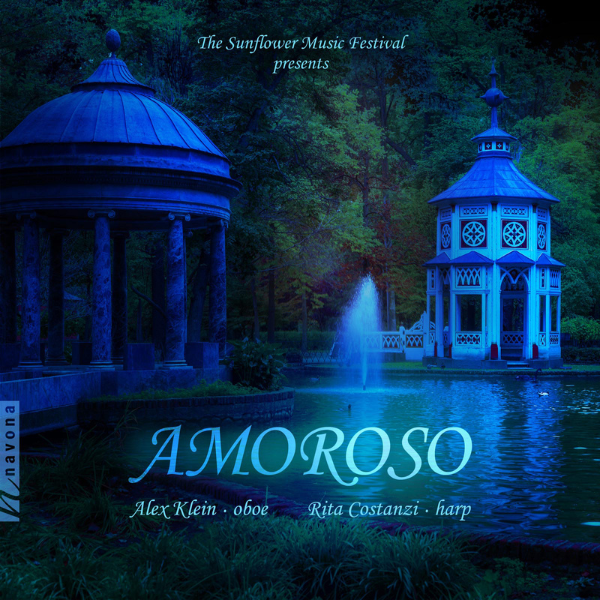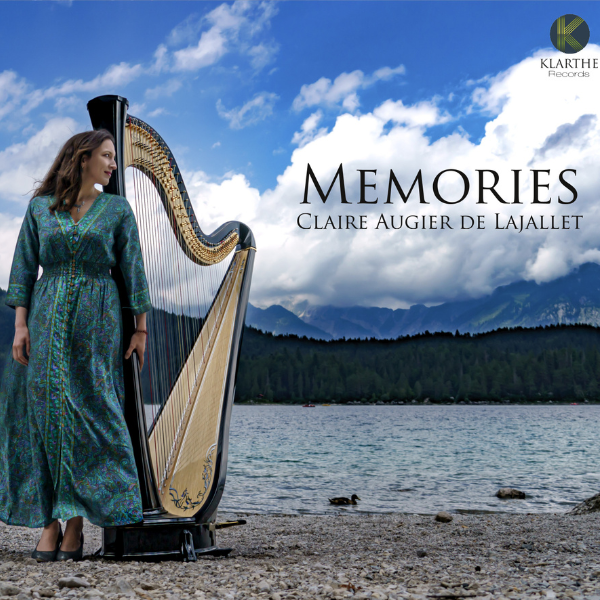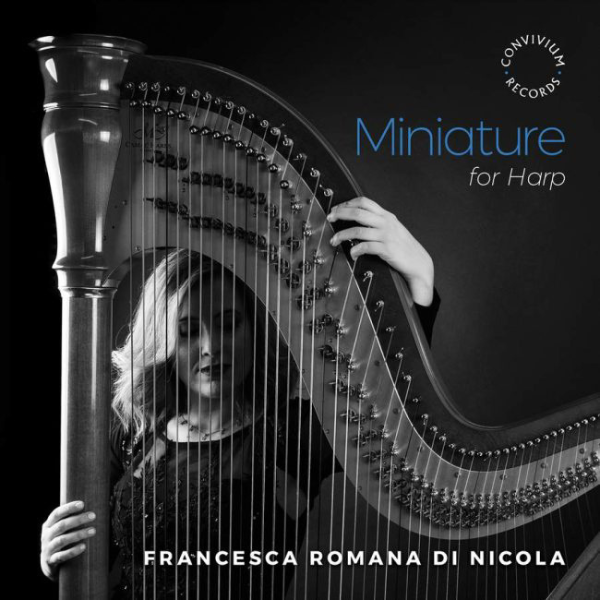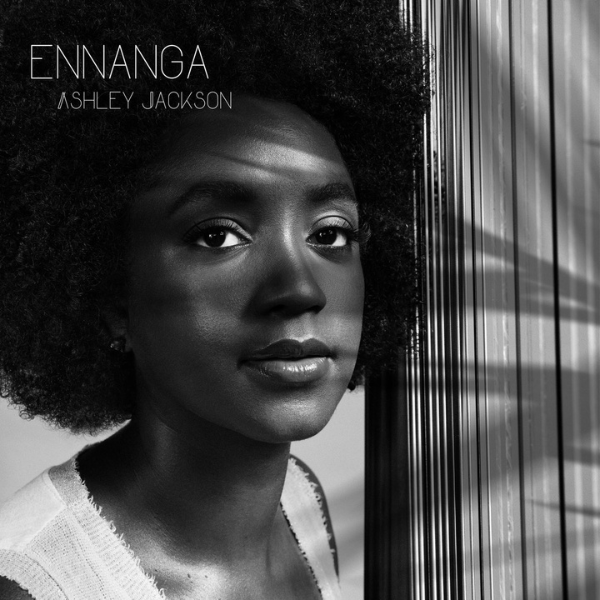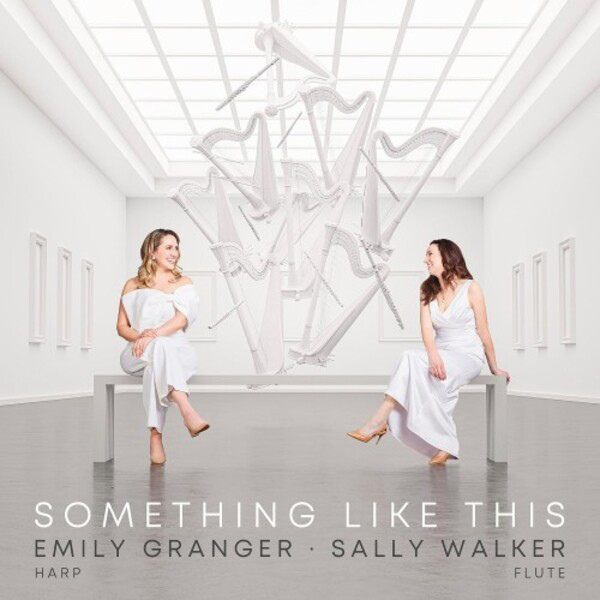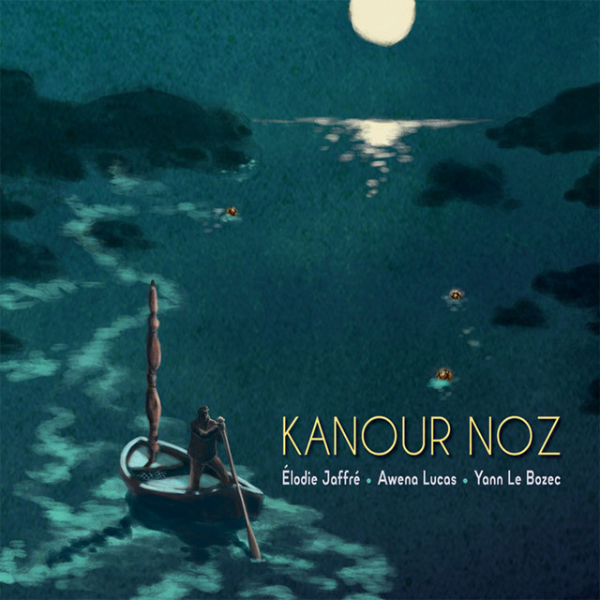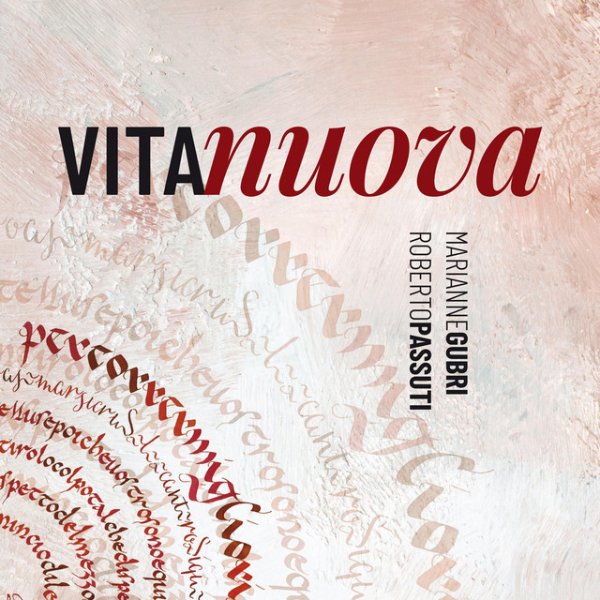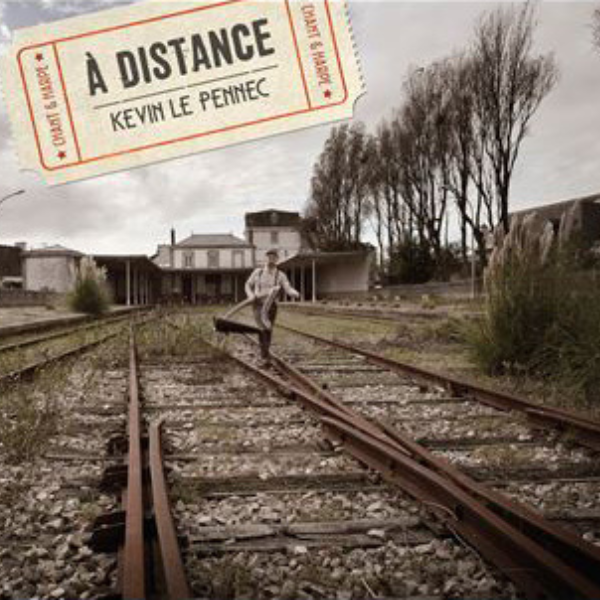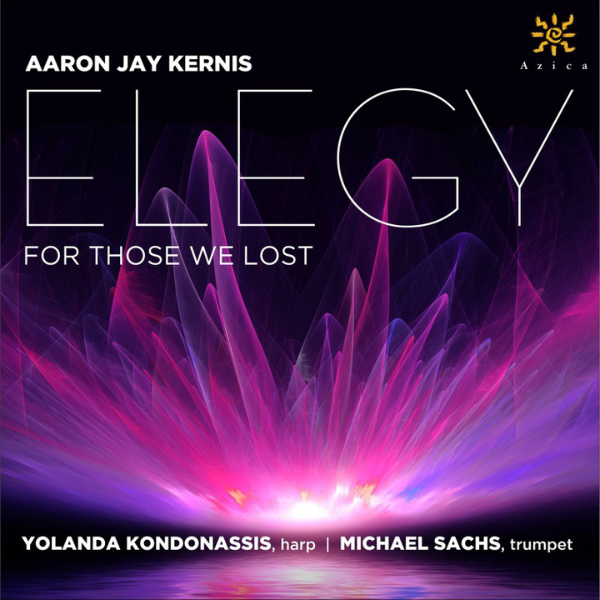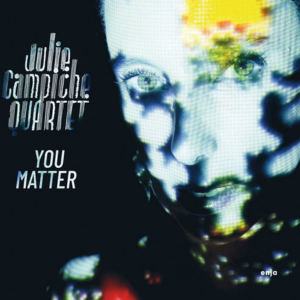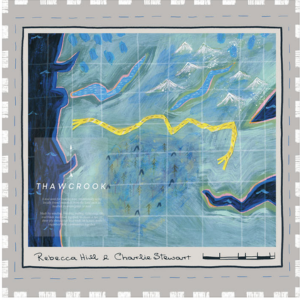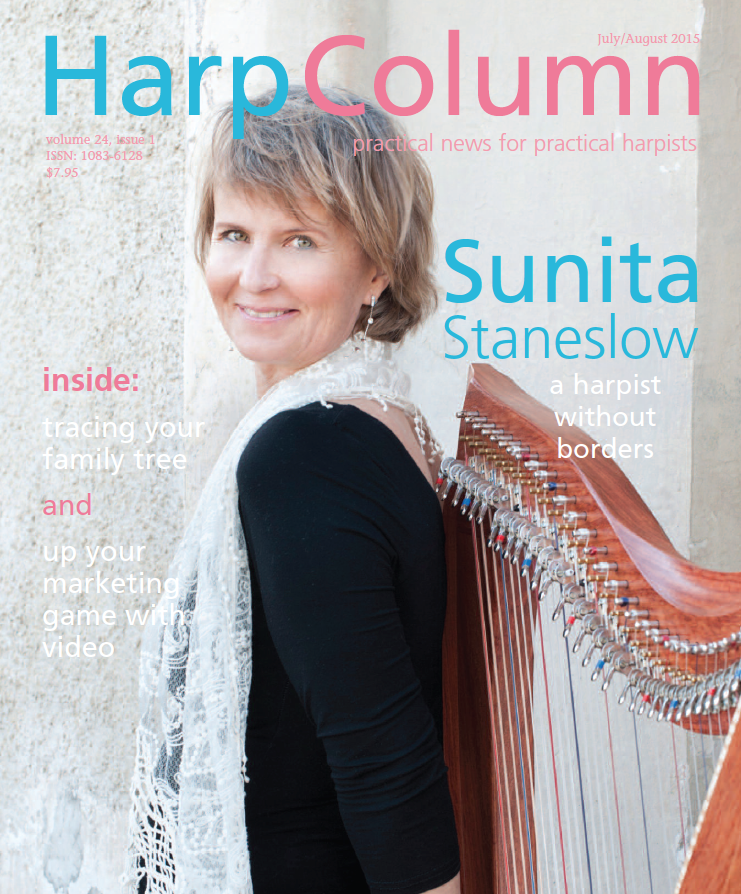
8/10
Duo Praxedis: Praxedis Hug-Rutti, harp, Praxedis Geneviève Hug, piano; Paladino, 2015.
I had to take a second and third look to believe the two brunette beauties of Duo Praxedis are indeed mother and daughter. But yes, harpist Praxedis Hug-Rutti is the matriarch, her daughter is pianist Praxedis Geneviève Hug. Setting aside the physical charms of these two women in “self-fashioned, self-tailored dresses made of precious Swiss broidery and fabrics,” they clearly share a musical gene and an inherent sense of the possibility for sheer loveliness in music and all that charms.
Original Classics brings us to a time gone by. If one name in history stands out to harpists it would be that of Sébastien Erard. A tinkerer who showed natural aptitude for mechanical engineering, he refined the pedal harp to afford composers and performers—both professional and amateur—the vehicle to play a far wider array of music. At the same time, Erard fit the piano with its first pedal—actually adding a bunch, some that are still used on modern keyboards—greatly expanding the instrument’s sonic capabilities. We know where this took music, but what Duo Praxedis focuses on in their disc, is the effect these improvements had on music played in the salons of the upper crust. One can’t take a tour of a European manor home without seeing a harp propped in the corner and a piano close by awaiting well-bred ladies of leisure to entertain guests.
While I was hesitant to listen to the disc, not being a huge fan of the sonority of piano and harp, I am glad I took the plunge. The recording quality is superior and the blend in color and timbre of the two instruments is scintillating and full of delight. The two play as one, their timing is precise, each voice taking over at just the right moment. While the music is not deep, there are times when just this quality of spun sugar is what’s required.
The composers might be new to the uninitiated: Domenico Malacarne opens the disc and the duo states honestly that nothing is known whatsoever of this composer whose name graces a delightful set of variations.
François Boieldieu’s variations follow and are clearly from a more sophisticated musician, a professor of piano at the Paris Conservatory who, early in his career, worked for Erard as a tuner. The piece is filled with fantasy and sonic experiments, rather progressive for the day, that allow Duo Praxedis to shine.
Milan’s operatic history is especially clear in the set of variations by Alessandro Rolla. Sounding symphonic in the aria-like theme filled with bravura accents, the Duo expands its tone and volume as though playing in a new space—rather than in the salon, we might be on the stage of La Scala. And by the end, we return to the Vienna of Beethoven in one of his rivals, the pianist Joseph Woelfl. The range expands further in the language of the age of Napoleon.
A splendidly played CD with unusual discoveries—a perfect disc for harpist and harp-lover alike. •






